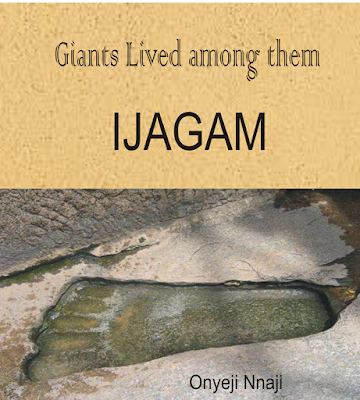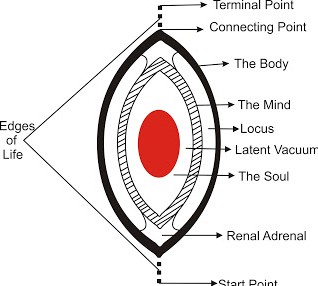The Meaning of "5" in the Igbo Cosmology - Onyeji Nnaji

Copied from: Cosmic Chain by Onyeji Nnaji I n the Igbo cosmology, the word Isee is a definite symbolic word as revealed through the Igbo language and culture. A human being has five fingers, five toes. The hands and feet are fundamentals to the survival in life as they are necessary in ensuring that man moves to places where he gets food and grapples on the food to sustain his life. To this view, the rhetoric that binds vocatives in the form of incantation (anchoring on the heart-lock: four ) and the concomitant reprisal in the manner of affirmation that holds the human life bind to his original spiritual person, therefore defining existence and essences are unified by the corresponding echo: Isee!!!!! Therefore it stands that anytime a prayer is said in the Igbo land, the attendants who would want the fulfillment of the prayer unanimously affirmed the prayer by saying Isee! Five then becomes the language of the spirit, the language of the creator that indicates agreement to, no


.jpeg)
.jpeg)

